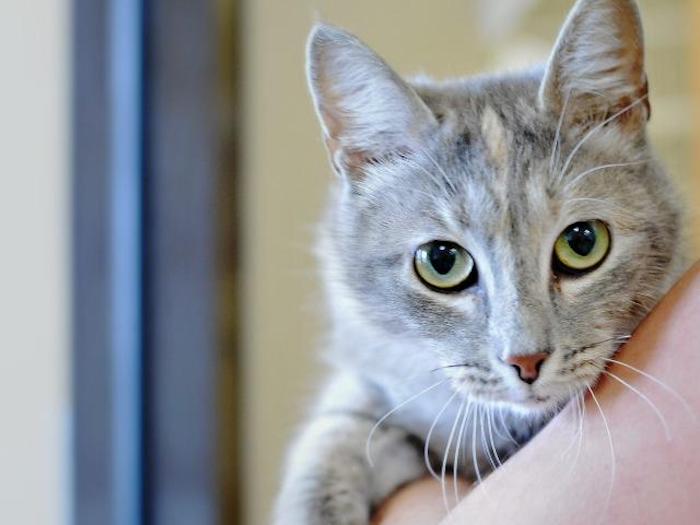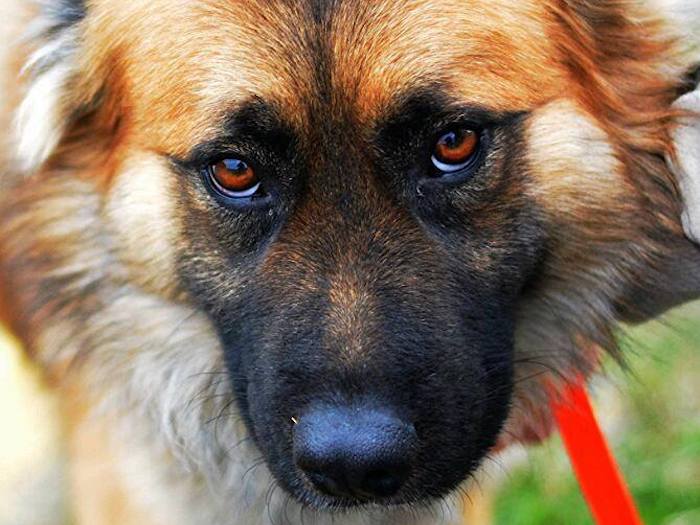While we are not funded by the city, the county, or any national humane organizations, the Humane Society of New Braunfels, a 501c3 non-profit, contracts with the City of New Braunfels and Comal County to house stray animals brought in by their Animal Control Divisions. We also accept stray pets brought in by citizens and if space allows, pets whose owners can no longer care for them.
A small portion of our operating budget comes from the city and country contracts. We handle approximately 4,000 animals a year and at any given time care for approximately 100 cats and 100 dogs. The revenue we collect from our contracts covers approximately three days of care per animal and their intake vaccinations. If the animal stays longer, or needs any veterinary care, we rely on donations and adoption fees to cover those costs.
Reuniting Furry Ones with Their Loved Ones
Reuniting lost pets with their owners is a particular passion of our staff. All animals are scanned for microchips multiple times and we leverage social media to reach a wide audience when we have animals in our care that seem likely to have someone looking for them. Our “return to owner” rates are much higher than the national average because of a creative, intuitive and determined staff! When we have exhausted those efforts, finding an appropriate new home for the pets in our care is our second great opportunity. Each pet is marketed individually to highlight its unique features and hopefully attract a loving new adoptive home.
HSNBA ensures animals leaving our care have the best chance at being successful. Dogs and cats adopted through HSNBA are:
- Spayed or Neutered
- Microchipped
- Fully Vaccinated
- Treated for internal parasites
- Treated to external parasites
Ill or Injured Pets
If a pet comes in ill or injured, or becomes ill while in our care, we have visiting volunteer vets who exam and treat them in the shelter. If the illness or injury is more than can be handled with the limited diagnostics available at the shelter, we send the animal to a local full service veterinary clinic for treatment. While much of our food is donated, and local vet clinics offer the shelter generous discounts, caring for 4,000 homeless animals requires financial resources. We rely heavily on donations, fundraisers, volunteers, foster homes, and adoption fees.


